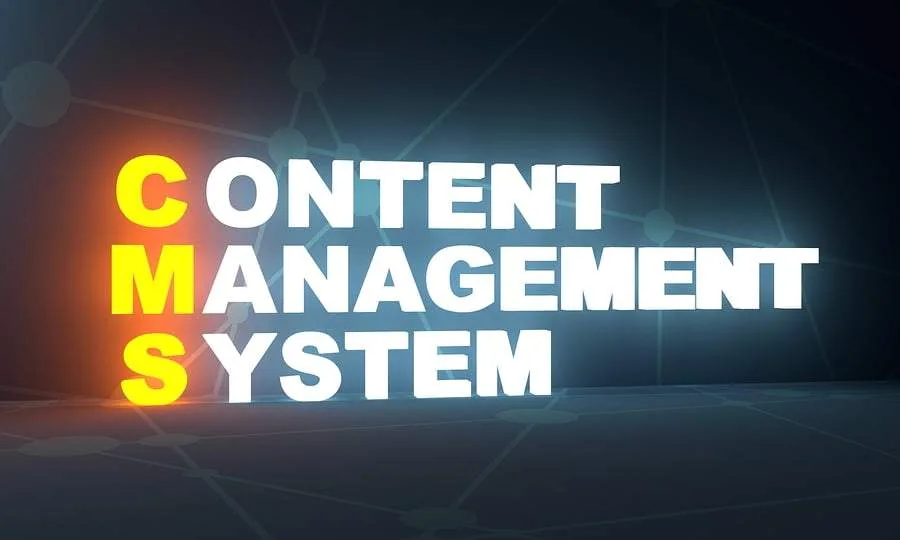What is a content management system? A content management system (CMS) is a comprehensive software platform designed to manage the workflow of content on a Web site. CMSs are designed for many purposes, such as helping webmasters with the design and maintenance of personal blogs, maintaining customer relationships, improving accessibility for disabled users, and managing large email databases. Some CMSs offer advanced features that can be useful in these areas and others; however, the most popular CMSs are those that are available free of charge. The WordPress Content Management System, or WordPress, is one of the most popular and versatile systems on the Internet.
Why is WordPress so popular? WordPress is easy to learn and use, which means that even new users can build very functional and attractive sites with relative ease. WordPress sites can be customized to meet a user’s particular needs, since there is no specific method by which to build these sites. The system allows users to add, edit, and manage their own websites, saving them both time and effort. Users do not have to know any HTML code in order to build good-looking and functionally functional sites; WordPress provides them with an editor, a style sheet, a website template, and lots of support so that they can build high-quality websites with little or no programming knowledge whatsoever.

How can WordPress help you? WordPress offers great benefits to website owners because it is compatible with many web hosting options, including many of the most widely used ones. WordPress also utilizes one of the most commonly used control panels, MySQL, which means that it is compatible with a wide variety of different server-side scripting languages and software applications. Because it is built using PHP, a server-side scripting language that is relatively easy to learn, WordPress is highly flexible and reliable, allowing it to run on a variety of different platforms.
What is a CMS, anyway? Content management systems provide users with the means to easily and simultaneously manage the contents of multiple websites. Content management systems, in general, allow users to post, edit, and search for content within a website, as well as providing ways for the administrator to update the content on the website. CMSs can be used for simple website administration, such as maintaining a website layout, adding and editing links, and changing color schemes. For more complex purposes, CMSs can also incorporate shopping carts and classified listings, which allow users to provide a fully functional online marketplace for buyers and sellers.
There are two basic types of CMS systems: community and proprietary. Community CMSs is built on the PHP programming language and uses a web framework similar to WordPress. These CMSs work great for creating websites that are not focused on a particular niche, and are supported by a large and active community of users. Private model CMSs, on the other hand, are designed to work only with specific businesses and websites, and are not supported by the open source community.
A content CMS can change an existing site from a complicated system to a simple one. In addition, CMSs can help a site owner to keep his site up-to-date by providing easy updates and frequent maintenance. CMS systems allow users to manage all of a site’s content with only a few clicks. In a time when maintaining and building a website can be overwhelming for even the most seasoned computer programmer, a CMS can be a lifesaver. By providing easy access to the contents of a website and easy administration, a CMS is an important piece of any successful eCommerce site.







